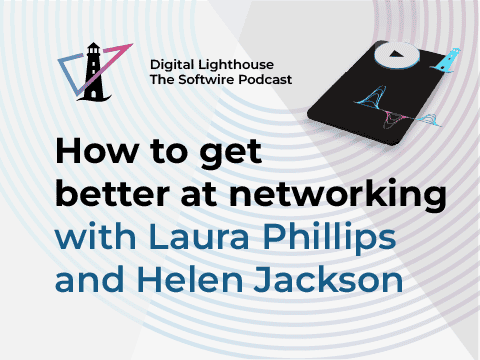An early moral parable I remember is about a fight between the wind and the sun.
The wind claimed that they were the most powerful celestial being. “See that monument over there? When I blow, I can bring it down. I can move mountains, summon hurricanes, and crash tsunamis onto shores.”
The sun was having none of this. “I, too, can destroy. I command deserts and droughts and wildfires. But more than that, I can sustain life itself. I hatch seeds and grow plants.”
“Let’s have a test!” declared the wind, eager to compete with the sun to prove their majesty. “Let’s test ourselves against that human down there. I reckon I could blow them right over.”
“I’m sure you could,” replied the sun. “In fact, you see that rather skimpy and insubstantial bit of coat they have wrapped around them? Are you skilled enough to blow it from them? I know I am.”

The wind accepted the challenge and started to blow, their gusts catching the flimsy material. The human looked up, frowned, shivered and walked faster. The wind blew, leaves danced, the coat billowed, and the human gripped harder, keeping in as much warmth as they could… The wind kept blowing until the human almost lost their footing, yet they never lost their grip on their jacket.
“Had enough?”
“It’s impossible. Tenacious little creature. I don’t see how you can do any better.”
And the sun smiled and shone down, and the coat moved not a jot. “Pffft,” muttered the wind in scorn, but the sun kept shining, and the human loosened their grip just a little. And as the sun shone, the human gradually stopped gripping their coat, started flapping it around a bit in the great heat and, eventually, took it off completely.
The message of this story (apart from the ones common to all moral tales – that you’ll do best by silver-talking and being the one setting any challenges) is that there are many things that are achieved by warmth over force.
The diminishing returns of force

I think of this parable a lot as I listen to the stories told in the news this year. From MPs literally punching their constituents, to teenagers stabbing each other, to invasions of neighbouring countries – the ultimate expression of power.
Force can be effective, especially in the short term. But when we become over-reliant on it, we start to misapply it in ways that make no sense. From incels groping strangers as a proxy for love to Stephen King’s Misery holding the writer she is infatuated with captive, it is clear to almost all of us that you cannot make someone love you using force.
Where does the workplace sit on this continuum? Attitudes seem to be changing on this topic this year, with nuance and complexity and long-term thinking no longer on the agenda. “We need more masculine energy,” shouts Meta-boss Zuckerberg, as Musk is upbraided by fellow Republicans for not showing compassion in his quest for efficiency through job cuts.
We are constantly told that our job as leaders is to be respected rather than liked. Do raw displays of power command respect? In my opinion the whole premise of this question is too ill-defined. We may say we want “loyalty” or “respect” or “efficiency”, but in any modern workplace there are complex, multi-layered obligations and needs.
Shine, don’t blow

I have been astonished by the number of times when listening quietly to someone’s position was the way to get them on board with mine. When I was managing director, I’ve had to ask people to step up in all kinds of ways that was uncomfortable for them, including asking for work that was difficult and inconvenient. By respecting their point of view and asking for help, I have never been turned down.
On the flip side, I remember a new tech lead demanding that their team follow their (quite correct!) architecture plan, and struggling to get compliance by demanding it – the situation escalated to the point where they could not be on the same team together. What would have happened if that tech lead had “shone” instead of using a forceful approach?
Insisting on force is not only bad for team morale, but also impacts the business as a whole. Especially within any kind of creative or technological organisation, imaginative thinking is one of the key behaviours that leads to the outputs that affect business performance. And the biggest killer of creative work? Stress. Which, of course, is one of the major concomitants of work produced under duress. You can make people quicker by using force, but you’ll also make them less smart.
And what of teamwork? And development? And autonomy? For me, I’ll stick to using the wind to topple towers, but when it comes to dealing with colleagues, it will be sun all the way.


